by Mike Haskew
By the time the American colonies declared their independence from Great Britain on July 4, 1776, Benjamin Franklin was 70 years old. A successful printer, publisher, inventor, scientist, and author, he had also achieved notoriety in Europe, particularly in Great Britain and France. Among the foremost of the Founding Fathers, he had become an advocate for the rights of the colonists and was instrumental in the repeal of the controversial Stamp Act of 1765.
The Moderate Franklin Soon Embraced Revolution
Initially moderate in his stance on the issues that divided the colonies from the mother country, Franklin’s perspective evolved to one of vocal support for independence. Franklin wrote satirical essays on the relationship between an overbearing Britain and its colonies in North America. He also maintained a network of information gathering and surveillance of British communications while generating propaganda and fueling discontent with British policies.
[text_ad]
He undertook two notable missions to Britain, and at the time of his return from the second mission in the spring of 1775, war had broken out with the fighting at Lexington and Concord. Franklin was chosen as Pennsylvania’s representative to the Second Continental Congress the following year, and he served as a member of the Committee of Five, which also included Thomas Jefferson, John Adams, Roger Sherman, and Robert Livingston, that was charged with drafting the Declaration of Independence. Franklin reviewed Jefferson’s original version and suggested several significant changes.
Commissioner to France
Because of his previous travels in Europe and his friendly relations with the government and prominent citizens in Paris, Franklin was appointed commissioner to France in late 1776. The popular American was a sensation among the elite of the French capital and moved freely in its influential social circles.
His efforts on behalf of the colonies in their war with Britain, the traditional enemy of France, resulted in substantial military aid, including troops and naval assets that contributed significantly to the victory over the British army under Lord Cornwallis at Yorktown, Virginia, in October 1781. Franklin was also the principal colonial negotiator of the 1783 Treaty of Paris that formally ended the American Revolution and led to the withdrawal of the last British troops from the former colonies near the end of that year.
Emblematic of the New Nation
Before, during, and after the American Revolution, Benjamin Franklin was emblematic of the emergence of the American nation. An advocate of unity among the colonies, he was instrumental in developing a sense of national identity in the early days of the independent United States. During his lifetime, Franklin also held the offices of President of Pennsylvania (essentially the state’s governor), U.S. Minister to both France and Sweden, and as first Postmaster General of the United States. He contribution to American independence was immeasurable. Franklin died at the age of 84 on April 17, 1790, in his beloved city of Philadelphia.
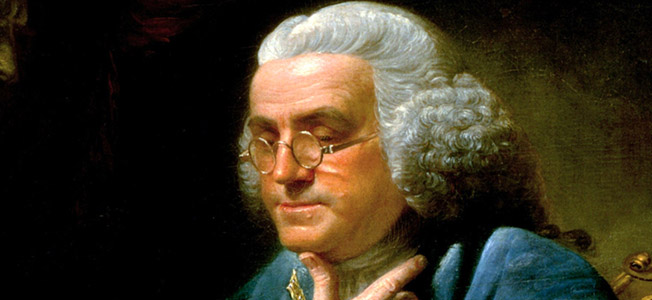
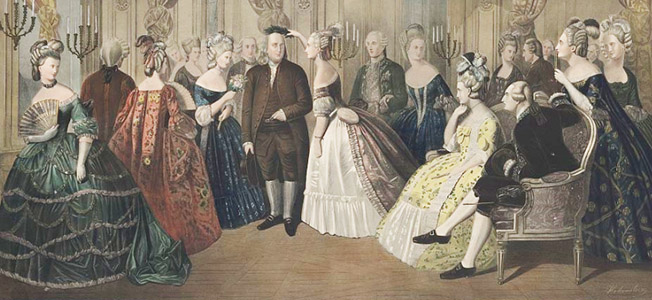

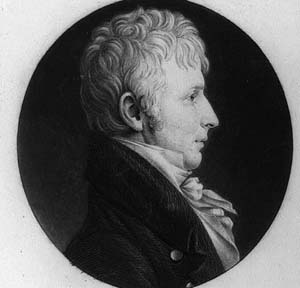
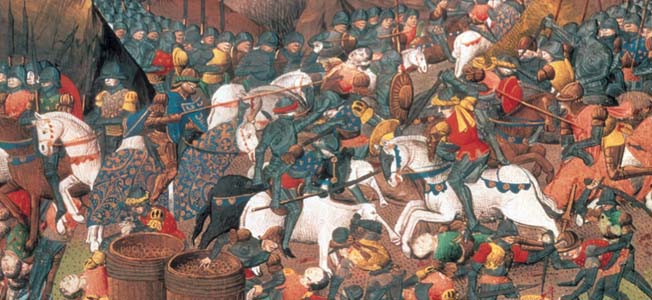
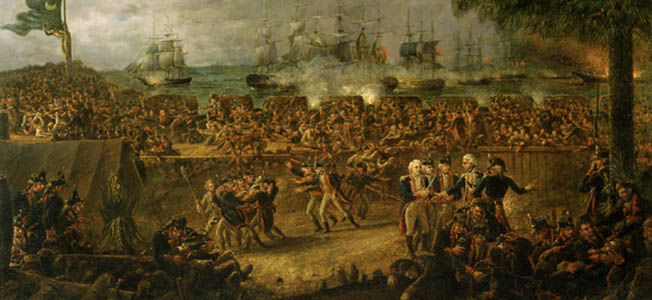
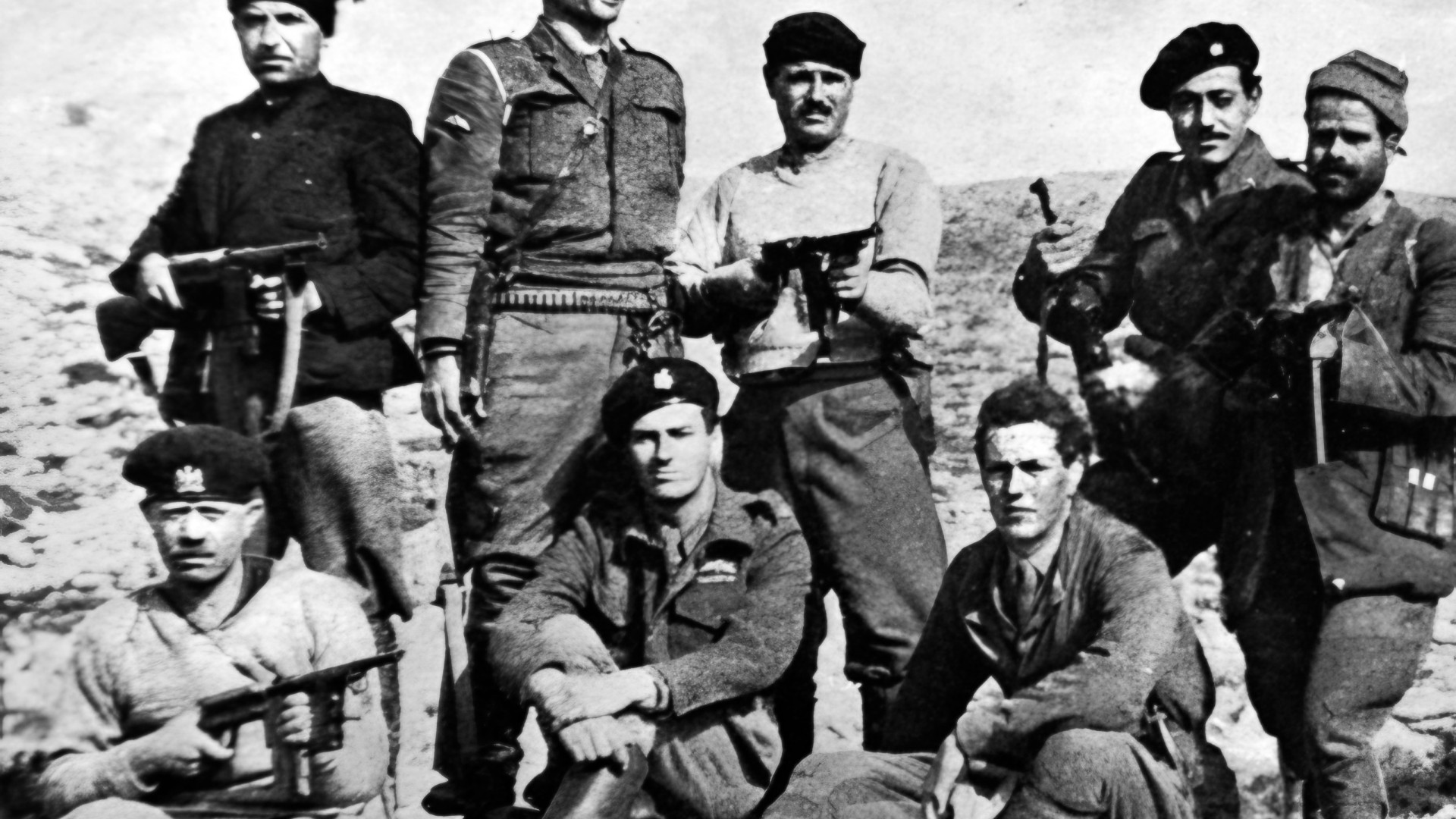
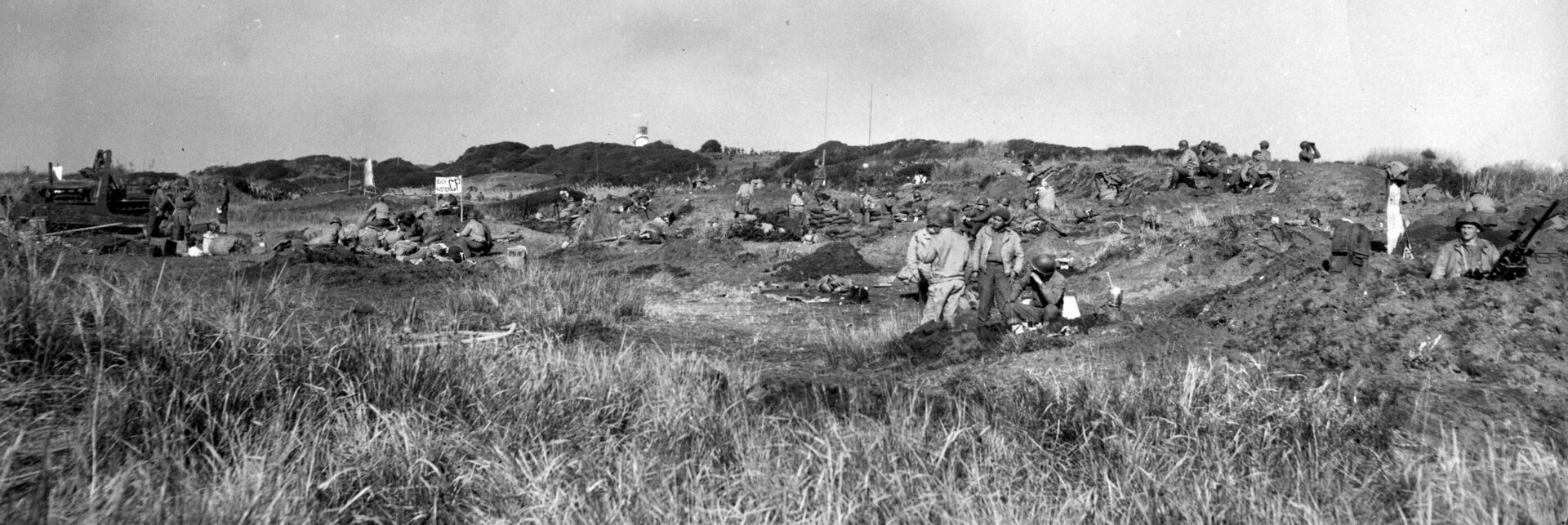
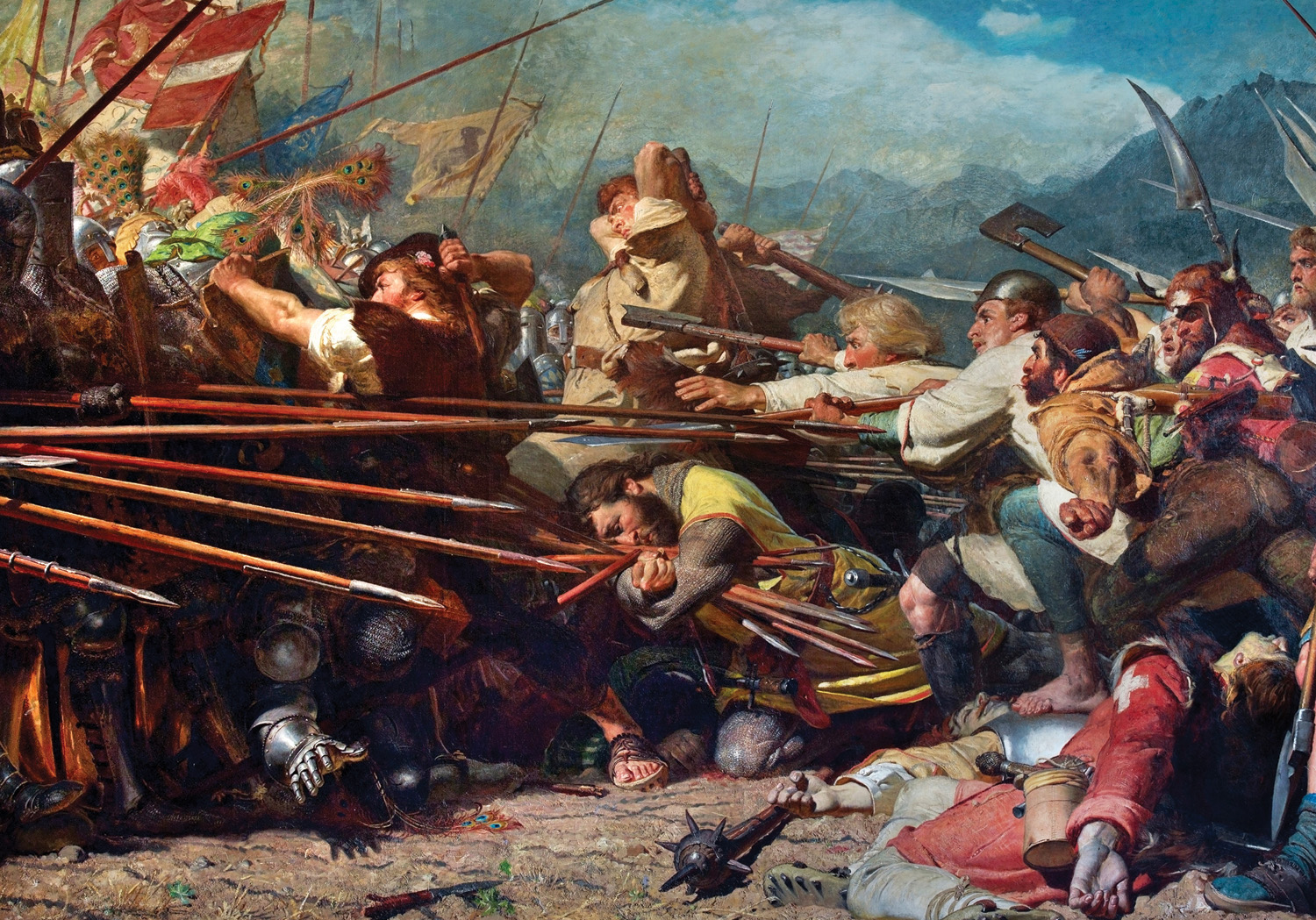
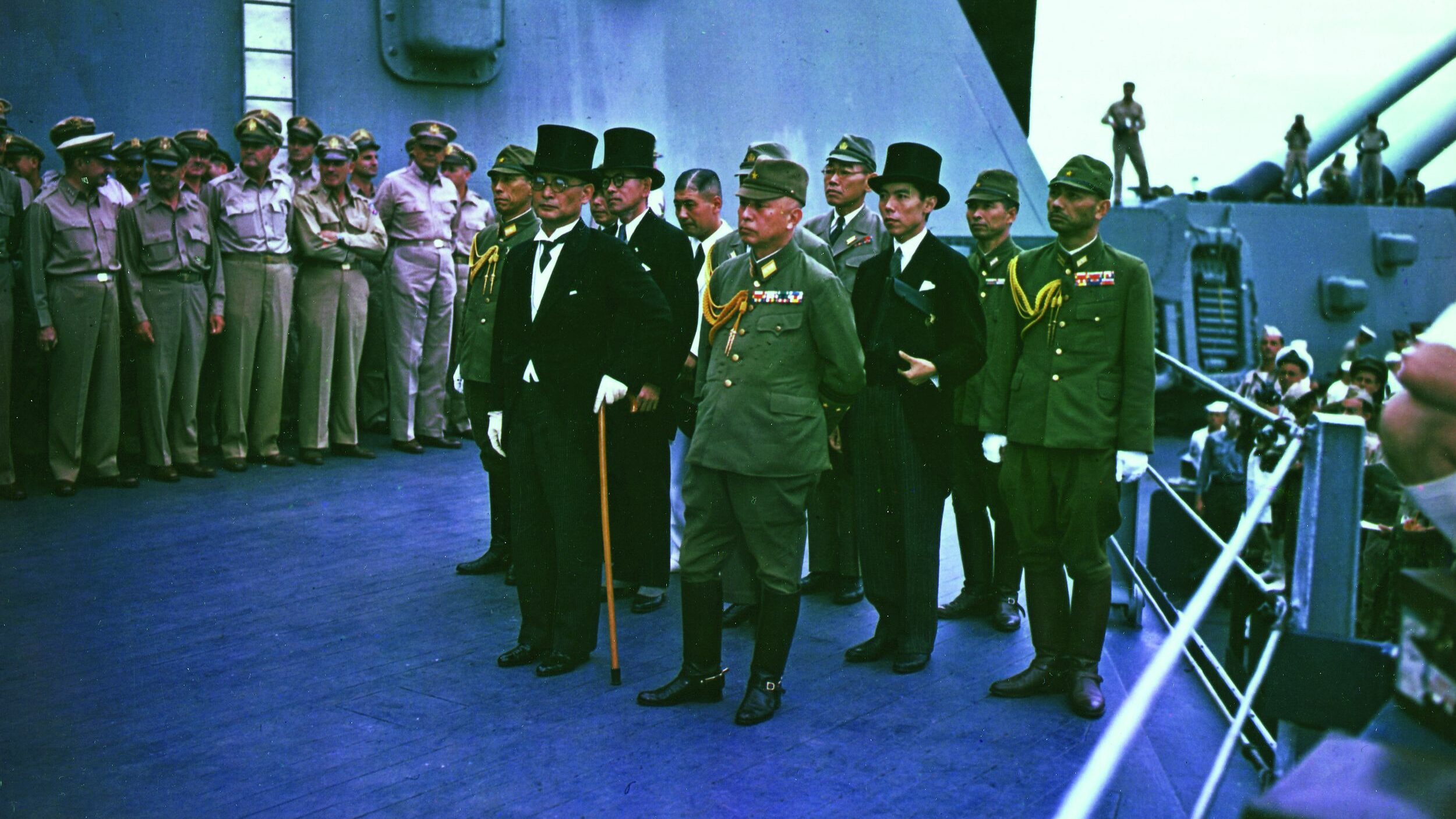
Join The Conversation
Comments
View All Comments